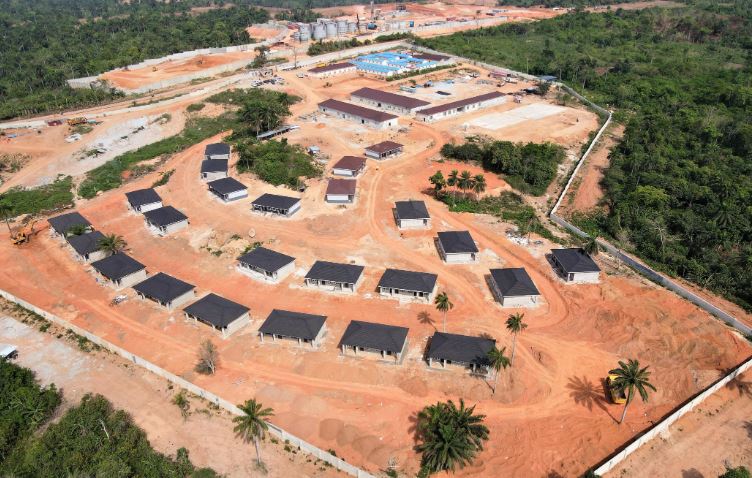In the midst of a legal dispute with the Osun State for tax evasion, Segilola Resources Operating Limited (SROL) has started up its gold mining business again. This was revealed in a statement that NPO Reports was given access to on Friday.

The statement claims that the mining business has moved forward with its gold mining activities following the granting of an interim injunction last week by a Federal High Court in Abuja, which barred the Osun State Government and its staff from interfering with the company’s mining operations. On October 3, 2024, Justice Emeka Nwite rendered the decision. The Osun state government closed Segilola Resources due to purported tax obligations and environmental issues, which the gold mining firm refuted.
The business contended that there was no supporting documentation for the accusations made. As stated According to the announcement, Segilola Resources Operating Limited was initially liable for ₦3,250,598,513 in taxes by the Osun State Internal Revenue Service (OSIRS), but this amount was later amended to ₦98,347,105. Prof. Lukman Jimoda, the governor’s special adviser on mining and natural resources, ruled the amended notification invalid in a recent radio interview, arguing that the original responsibility remains in place. According to reports, the state administration petitioned a magistrate court, which ordered the SROL to be sealed.
Legal experts expressed concern that the Osun State Government’s actions in the Segilola mine issue could undermine investor confidence, which sparked protests.
They maintained that mining falls under the exclusive legislative list, implying that state governments are powerless to impose an abrupt stop to mining activities. In the meanwhile, the In the meantime, a fact-finding commission has been formed by the Federal Government’s Ministry of Solid Minerals Development to look into the circumstances surrounding the mining site’s closure.
According to NPO Reports on Wednesday, the Federal Government’s position that mining is subject to the exclusive legislative list was reiterated by Minister of Solid Minerals Development Dele Alake.
“We would like to reiterate that, while mining companies are required to abide by all laws and regulations that govern their operations, including those pertaining to corporate social responsibility (CSR), environmental regulations, and tax payment, we firmly believe that sub-national authorities are not authorised to shut down mining operations at will because the mining of liquid or solid minerals is exclusively within the jurisdiction of the Federal Government. The minister emphasised that the federal government recognises the unique characteristics of the mining industry and the necessity of working with subnational entities. As a result, the federal government has given states the flexibility to apply for mining licenses and engage in the mining sector while utilising their nominees to the Mineral Resources and Environmental Management Committee (MIREMCO) to oversee mining operations within their jurisdiction.

